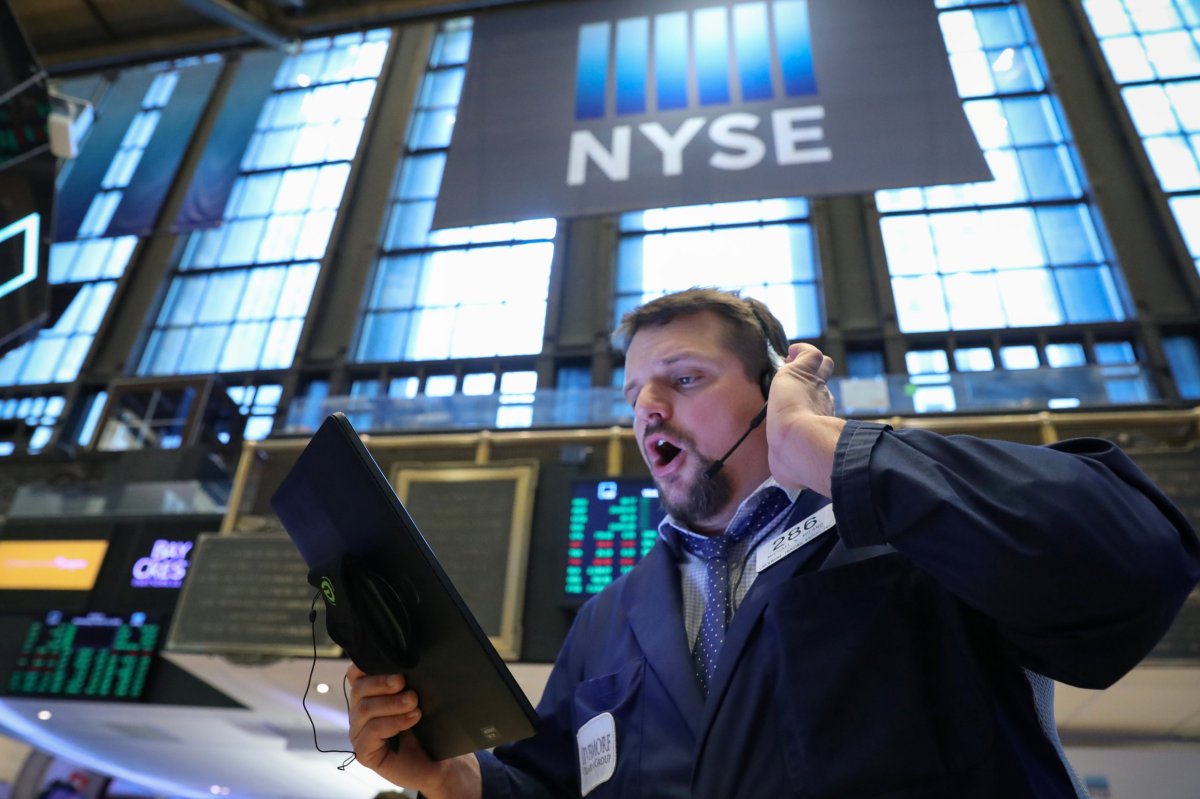By Herbert Lash
NEW YORK (Reuters) – World equity markets advanced broadly on Wednesday after U.S. data again showed risk-friendly low inflation, which weakened the dollar, while Boeing shares gained even as the United States said it would ground the company’s 737 MAX aircraft.
Shares in Europe rose on investor optimism that British lawmakers would reject leaving the European Union without a deal. A late night vote in Parliament ruled out a potentially disorderly ‘no-deal’ Brexit under any circumstances.
Trading in Boeing was volatile but another benign reading on inflation bolstered risk appetite and sent Wall Street’s fear gauge, the CBOE Volatility Index, to its lowest point since October.
U.S. producer prices edged barely higher in February, in the smallest annual increase since June 2017, the latest sign of tame inflation that supports the Federal Reserve’s “patient” approach to future interest rate hikes.
Other data showed new orders for U.S.-made capital goods increased by the most in six months in January and shipments also rose, but business spending on equipment remained soft, leaving forecasts for weak first-quarter economic growth intact.
Boeing gained for the first time since Sunday’s crash of a 737 MAX 8 jet in Ethiopia. Its shares retreated for part of the session after first Canada and then the United States said they were grounding 737 MAX jets, following steps already taken by Europe and other nations. The stock closed up 0.5 percent.
The grounding gives Boeing time to address any problems and not face another potential disaster, said Tim Ghriskey, chief investment strategist at Inverness Counsel in New York.
U.S. stocks advanced broadly with all 11 of the S&P 500’s sectors rising, boosted by health care and energy, which also lifted shares in Europe.
Economic data still suggests an “OK” economy but analysts’ estimates of corporate profits are slowing, which is worrisome, said Michael Geraghty, equity strategist at Cornerstone Capital Group in New York.
“Earnings estimate revisions continue to come downward, but that does not seem for the moment to be fazing equity investors,” he said. “It’s the old mantra: Don’t fight the Fed.”
A Fed on hold for hiking rates suggests concern about economic growth, which can be seen in a narrowing gap between 10-year and two-year U.S. Treasury yields, Geraghty said. An inverted yield curve historically has been an indicator of recession.
MSCI’s gauge of stocks across the globe gained 0.51 percent while the FTSEurofirst 300 index of leading European shares closed up 0.69 percent.
On Wall Street, the Dow Jones Industrial Average rose 148.23 points, or 0.58 percent, to 25,702.89. The S&P 500 gained 19.4 points, or 0.69 percent, to 2,810.92 and the Nasdaq Composite added 52.37 points, or 0.69 percent, to 7,643.41.
The pound rose on expectations lawmakers would reject a no-deal Brexit and gained further after the motion in Parliament paved the way for a new vote to delay departure from the EU.
Sterling rose 1.72 percent to $1.3298.
The dollar index fell 0.47 percent, with the euro up 0.4 percent to $1.1331. The Japanese yen strengthened 0.19 percent versus the greenback at 111.17 per dollar.
U.S. Treasury yields rose after falling in the previous session as risk appetite improved and equity markets steadied.
Benchmark 10-year U.S. Treasury notes fell 2/32 in price to push yields up to 2.6141 percent.
“After yesterday’s CPI data, yields fell. So some of these are just rebound after that,” said Stan Shipley, fixed income strategist at Evercore ISI in New York.
Oil futures rallied more than 1 percent as an unexpected drop in U.S. crude inventory and a forecast of slower-than-expected supply growth from the world’s top crude producer boosted prices.
U.S. crude stocks fell last week as refineries hiked output, the U.S. Energy Information Administration said.
U.S. crude rose $1.39 to settle at $58.26 per barrel and Brent settled up 88 cents at $67.55.
Gold hit nearly a two-week high as tepid U.S. economic data reinforced views the Fed would be patient on monetary policy. U.S. gold futures settled 0.9 percent higher at$1,309.3 per ounce.
(Reporting by Herbert Lash, additional reporting by Caroline Valetkevitch in New York; Editing by Bernadette Baum, Leslie Adler and Dan Grebler)



















